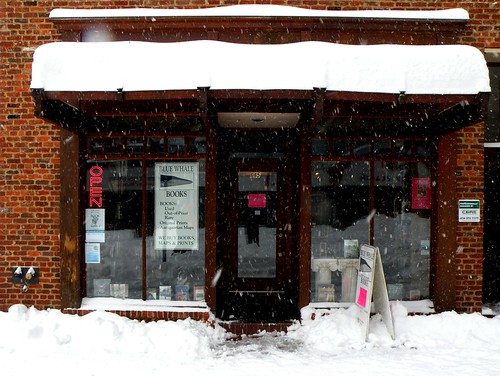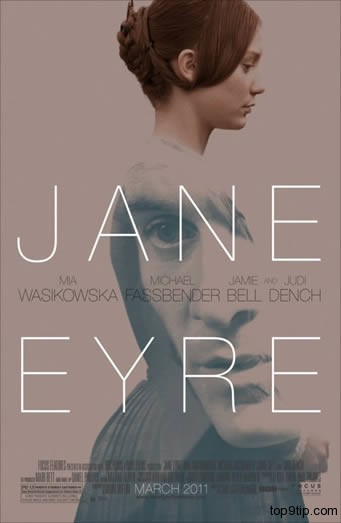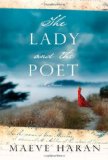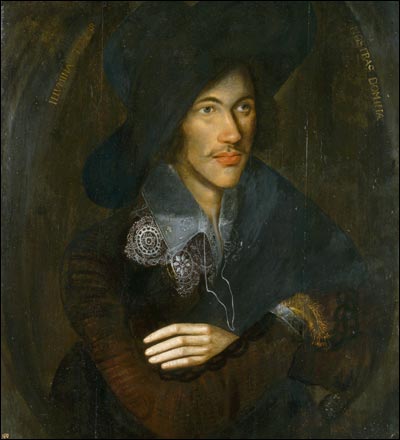
Tomorrow will be my fourth snow day in a row. I’m sure those of you who live in snowier climes think it’s absurd that five inches of snow or so has ground a city the size of Atlanta to a halt, but the fact is that we so rarely have snow that we don’t have the resources to clear it away when we do. I have read conflicting accounts regarding the number of snow plows the city has. One said eight, the other eleven. In any case, a city the size of Atlanta needs way more than eleven plows after a snow storm. Just in case you think I’m a wimp, I grew up in Denver, and I know from snow.
In my cabin fever, I have been reading, cross-stitching, and watching The Tudors. I’m late to that party—we just got Netflix. Enjoyable, but highly historically inaccurate. I think they missed an opportunity by not continuing the series through Elizabeth. Speaking of which, this new series on Starz looks like a combination of The Tudors and Arthurian legend.
http://www.youtube.com/watch?v=5Rg4Tnnjot4
I will probably watch it. James Purefoy is playing King Lot, and I really liked Purefoy in A Knight’s Tale. Of course, he’s playing Edward, the Black Prince, probably one of the coolest dudes ever. Perhaps not as cool as Alfred the Great, who is my new hero after reading more about him in The Story of Britain by Rebecca Fraser, which I am currently enjoying (I’m in the middle of William the Conqueror right now). Aside from Joseph Fiennes as Merlin, I don’t recognize any of the other actors in this new Arthur series. Speaking of James Purefoy, his IMDb profile states he’s Ned Alleyn in A Dead Man in Deptford, which is based on a book of the same name that is on my TBR pile. Plus! He’s a character in one of my current reads, Conceit. I didn’t realize Ned Alleyn had married Constance Donne, daughter of John Donne, but sure enough, he did. I need to move A Dead Man in Deptford up higher so I can finish it before the movie comes out.
Conceit is, so far, much better than The Lady and Poet, which read much more like a romance novel (albeit a pretty decent one). Conceit is much more literary to begin with, and I find the times captured more realistically. If I can be allowed a moment’s indulgence, there is an epidemic in historical fiction. It seems we can’t have a strong female lead who acts according to the historical conventions of her day. No, she must act as we would have her act. She must be headstrong and ahead of her time. I like a strong female protagonist, but I want her to be realistic, too. I am so tired of this modern reinterpretation of the feminine. Conceit is narrated by Pegge Donne, a younger daughter of Donne, and takes places years after the events of The Lady and the Poet. I can’t figure out why it hasn’t been published in the U.S., but thanks to Amazon, you can still order it through third party sellers, which is how I bought it.
I also saw the trailer to the new Jane Eyre movie today. Who is looking forward to this?
I was able to get a movie poster for this film at the recent National Council of Teachers of English conference, and it’s gorgeous. See:










